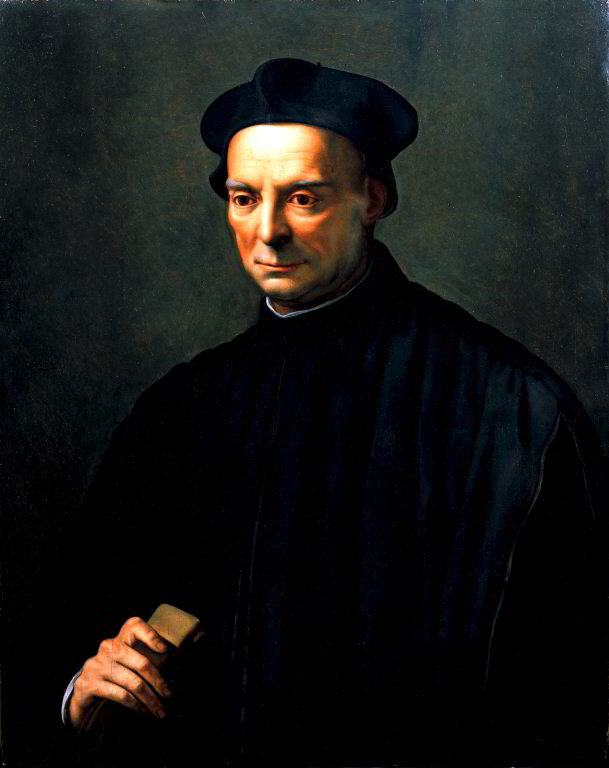
The Prince by Niccolò Machiavelli, specifically in Chapter 16, begins by examining generosity in a ruler. While Machiavelli believes that a prince’s reputation for generosity is “splendid,” he also believes that a ruler who is truly kind “will come to grief.” To gain a reputation for generosity, a prince must be “ostentatiously lavish” to draw the public’s attention. Any ruler who spends extravagantly “will soon squander all his resources” and be compelled to “not mind being called a miser” on his subjects. If a ruler imposes enormous financial demands on his subjects, his subjects will despise him and detest his bad judgment. As a result, a wise ruler “doesn’t mind being dubbed a miser.” His “parsimony” will be perceived as generosity eventually since it relieves the people of the burden of heavy taxation.
Nonetheless, Machiavelli advises princes to keep up the image of giving while avoiding genuine generosity. People will eventually perceive a prince’s stinginess as a type of charity since it protects their own property while also ensuring the state’s wealth and effectiveness.



Very well done and well written!